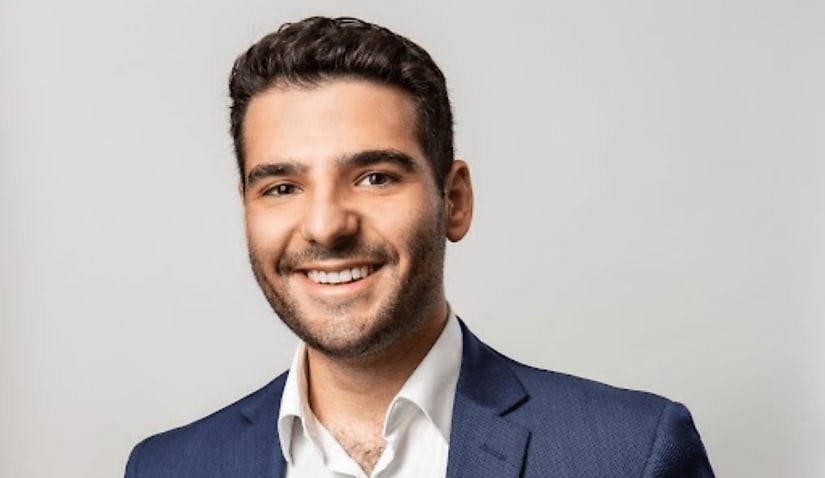Prime Minister Anthony Albanese has recently announced a “world-leading” social media ban for teenagers under 16 years of age. An entertainment lawyer has weighed in on whether this will work.

Detractors of a wide variety have come flying out of the woodwork to denounce Prime Minister Anthony Albanese’s recently proposed legislation to ban young Australians under the age of 16 from using social media.
“I know there are many mums and dads who have been pushing for change in this area, and this newspaper has run a strong campaign in support of them,” the PM said.
“There’s no going back to a world without technology, and the internet has given all of us access to a world of knowledge and culture that can be such a force for good. But too often, social media isn’t social at all.”
PM Albanese’s repeated criticisms of social media platforms hasn’t gone on notice.
“The proposed law banning under 16s from social media faces some significant challenges, particularly around enforcement and compliance,” said Marco Angele, senior commercial, media and entertainment lawyer at marshalls+dent+wilmoth.
Angele believes there are a number of moving parts that go into the legislation, explaining that introducing such brazen laws could crush the creative opportunities that social media offers young Australians.
“Implementing age verification systems could create privacy concerns, and for smaller platforms, the financial and operational burden could be considerable. In addition, limiting access to social media could prevent young people from participating in creative, social, and entrepreneurial activities that are increasingly important in today’s digital world,” said Angele.
This sentiment was echoed by Professor Barney Tan from the UNSW School of Information Systems and Technology Management.
“Social media is a window to the rest of the world, facilitating connection, expression, and information-sharing,” Tan said.
Overall, Angele argued that creating that balance of allowing young people to flourish through the assistance of social media while ensuring their safety will be a real see-saw affair.
“The key challenge will be to find a way to ensure safety without unnecessarily restricting access to opportunities that help young people grow and develop skills. Balancing safety, privacy, and practical enforcement will be essential for this law to work effectively,” said Angele.
Elon Musk – now aligned with the Trump administration that will soon come into power – recently labelled the Australian government and PM Albanese as “fascists” for their move to regulate misinformation on social media platforms.
Yet despite the backlash, the PM said the proposed legislation would be brought before Parliament before the end of the year and that it would become enforceable 12 months after it passes.
“We all know that technology moves fast. I’m sure there will be people who make it a priority to find or make ways around these new laws, some might succeed,” said PM Albanese.
“None of that is an excuse for inaction. After all, there are plenty of young people who find ways to get alcohol before they turn 18, but no one is saying we should lower the drinking age.”
“[The] government may not be able to protect every child from every threat on social media, but we do have a responsibility to do everything we can to help as many young Australians as we can.”